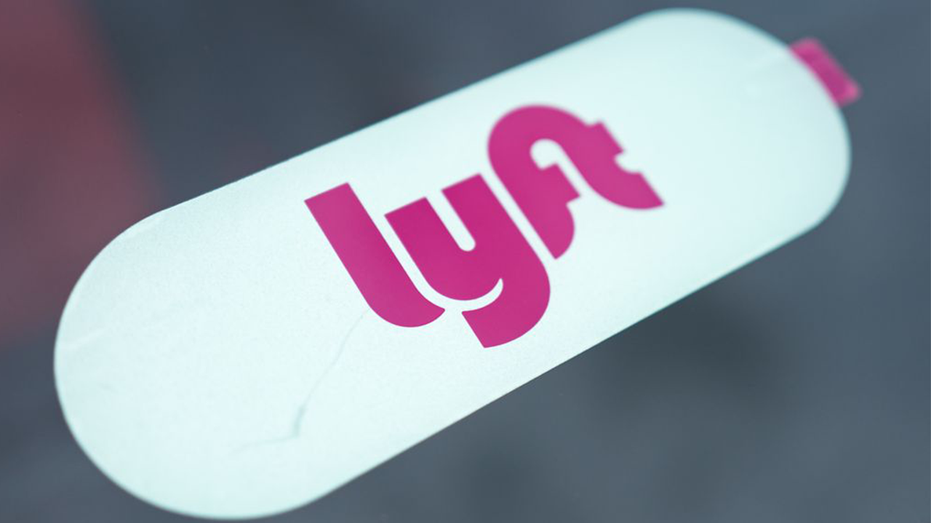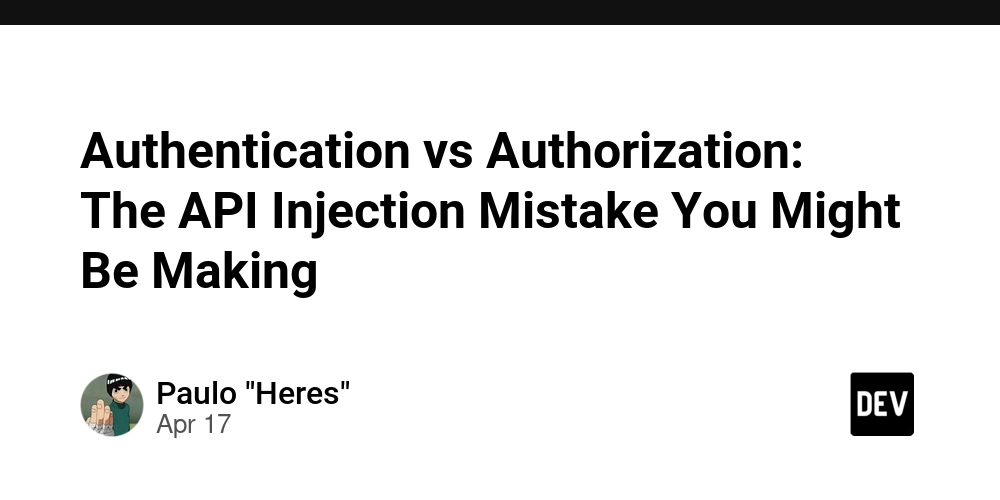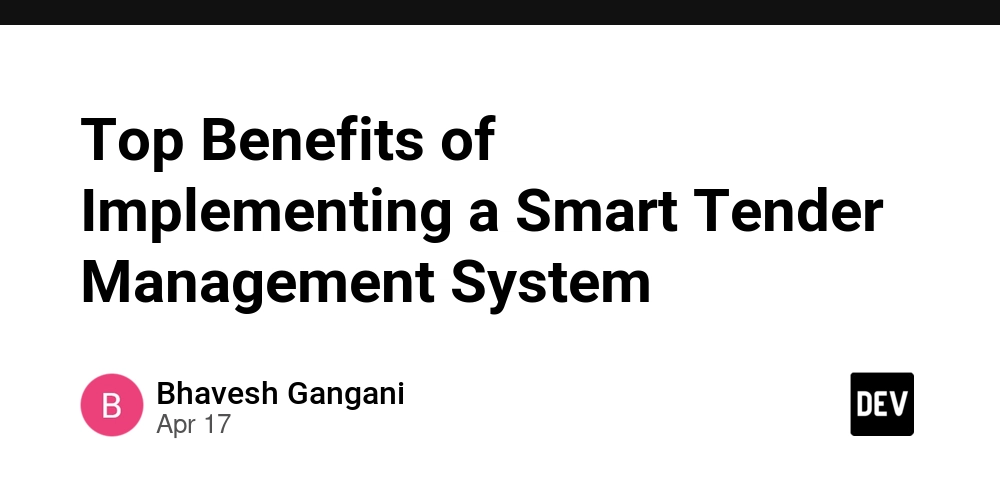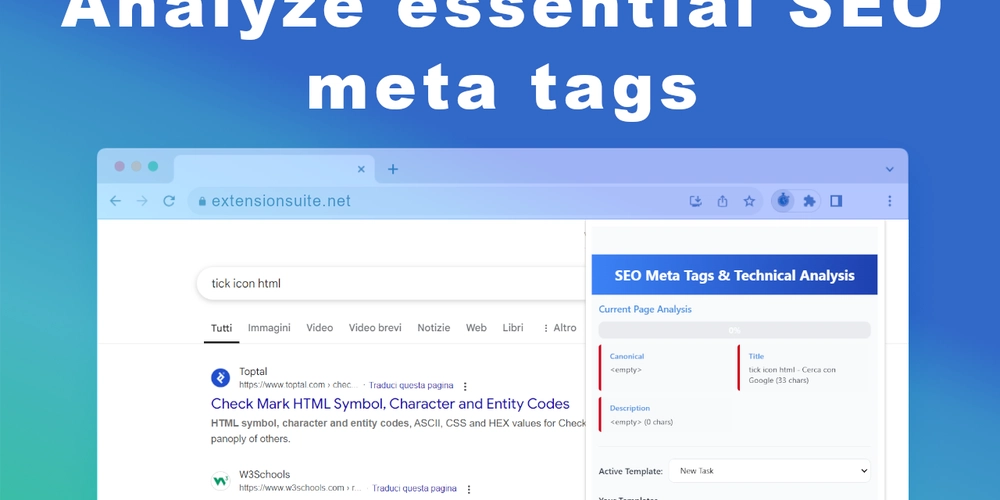Sen. Jacky Rosen: Democrats Are Starting to Find Their Footing
The Nevada senator talks to TIME about the impact of Trump's tariffs and why Cory Booker's speech was a turning point


This article is part of The D.C. Brief, TIME’s politics newsletter. Sign up here to get stories like this sent to your inbox.
In the hours before President Trump abruptly dialed back his sweeping reciprocal tariffs, Senator Jacky Rosen led her Democratic colleagues in sending a letter to Commerce Secretary Howard Lutnick, warning about the tariffs’ impact on small businesses. Rosen, a Nevada Democrat, was re-elected to her second term last November, even as Trump won the state for the first time. She talked to TIME about how the tariffs will be felt back home, why Nevada is a bellwether for national trends, and why Sen. Cory Booker’s filibuster-style speech was so important. [time-brightcove not-tgx=”true”]
This interview has been condense and edited for clarity.
What do you think will be the implication of these tariffs?
Really what they are is a national sales tax. What all of this comes down to is, where does everyone manage their lives from? The kitchen table. Everywhere I went, I heard about the price of food. Well, I can tell you that food is going to go through the roof. The price of gas, the price of affordable housing, all the things that go into building a home or apartment, every little nail and insulation and lumber—all of that. So everybody is gonna get squeezed. And of course Nevada, we’re going to get double squeezed, because when people are uncertain about their future or how they’re going to pay for things, do you think they go on vacation? They do not. We’ve already seen a reduction in visitors from Canada. We’ve seen a 70% drop.
My friends, my community, my state: We’re gonna get hit with the higher prices and lower tourism, and we’re gonna get squeezed from both ends. And that’s gonna hurt our businesses.
You won re-election last year in Nevada, a state Trump won after losing it in the previous two presidential elections. What went wrong for Democrats there, and what did you do differently?
Nevada is the most working-class battleground state. We are a pragmatically purple state. Independent-minded people look for pragmatic problem solvers. It’s why I won. Hardworking families are hurting from the high cost of living. They wanted change. At the national level, I think Democrats have done a poor job talking to working-class voters and addressing the issues that they care about most. We saw pretty significant losses in 2024 with working-class voters, particularly in our Latino communities, our Asian communities, and those were the key places that I actually overperformed on the ticket. Voters want a leader who’s going to listen and going to stand up to the corporate special interests.
Can you be more specific? What were you doing that Kamala Harris wasn’t?
I think that I focused on specifics. Go back to the kitchen table. What’s the first thing people think about? They have to buy food. In Nevada, they have two primary grocery store chains: Kroger and Albertsons. They wanted to merge. Now what does that mean? In some of our rural communities, they were the only two stores in town. So if they merge, you think they’re going to keep both stores? Certainly not. That means they’re going to lose jobs. And then what else does it mean? Well, there’s only one store in town, do you think they’re gonna lower the prices? Certainly not. And so we blocked that Kroger-Albertsons merger, which meant a lot to Nevada.
We have an affordable housing crisis. Particularly in Southern Nevada, we have these corporations who come buy up homes and apartments. So we have legislation trying to block those corporate investors from price-gouging folks. We ran TV ads on both of those issues. I talked about it everywhere.
I think too many Democrats in D.C. just spent time trying to convince people that maybe inflation wasn’t as bad in America as other places, or that they were doing better than they actually were doing. And that’s not how people were feeling. And it made our party, I think, seem out of touch.
Do the Democrats have a plan to counter Trump? What is it?
The losses in the last election and Trump winning, it was a little shocking to everyone. And it’s no secret that we’re in the minority in Congress and the levers are few and limited. It hasn’t even been 100 days. I think we’re starting to find our footing now of what the levers are that we can pull here.
I think a real turning point was Cory Booker’s speech. I think a lot of people went into it thinking, who’s gonna tune in at 2 in the morning, it’s just another speech. I will tell you by the end of it, all of the Democrats came that last hour, and there were tears, and clapping, like this emotional response. Then we go into all of those Hands Off demonstrations. And people started calling us saying, ‘You guys all stood up. You used your voice. We aren’t powerless, we’re gonna use ours.”
I didn’t expect it to be such a powerful moment. The tears and applause were coming out in this cathartic moment of, ‘We may not have all the legislative tools, but we are not powerless. Now let’s get to work.” It was kind of a call to action. I think I feel kind of a renewed purpose.
Make sense of what matters in Washington. Sign up for the D.C. Brief newsletter.
































/https://tf-cmsv2-smithsonianmag-media.s3.amazonaws.com/filer_public/79/80/79809faa-6447-4d5a-ada3-77d3ecded366/main_smithmag-marinereptiles_web.jpg?#)

































